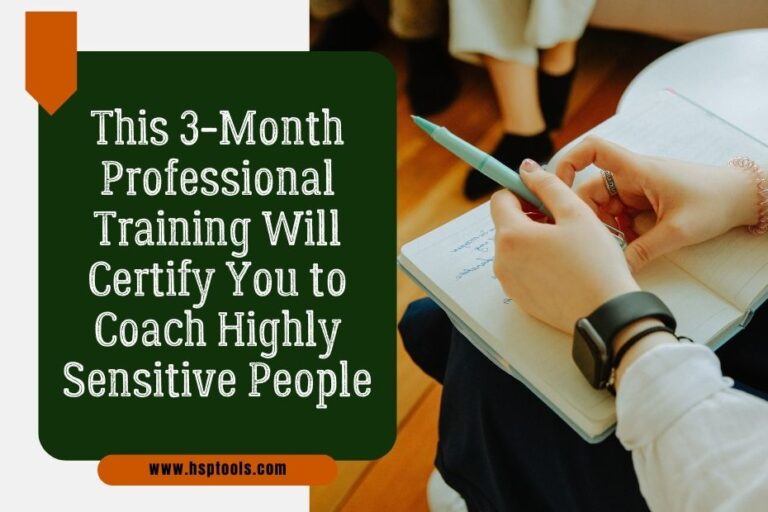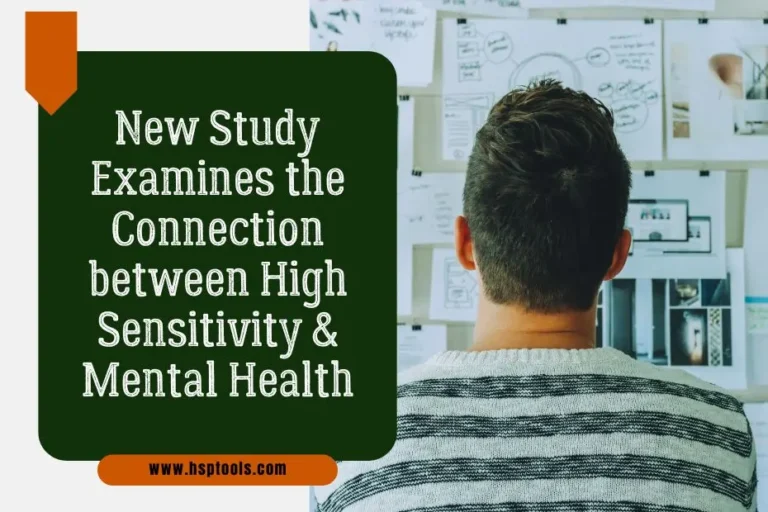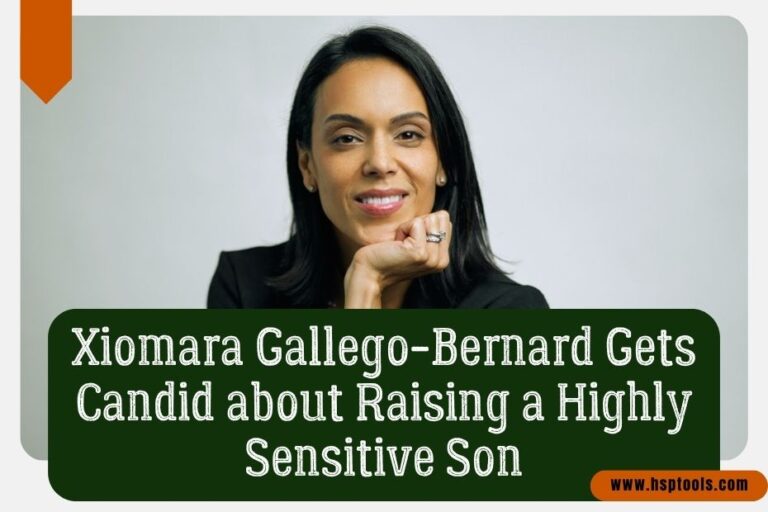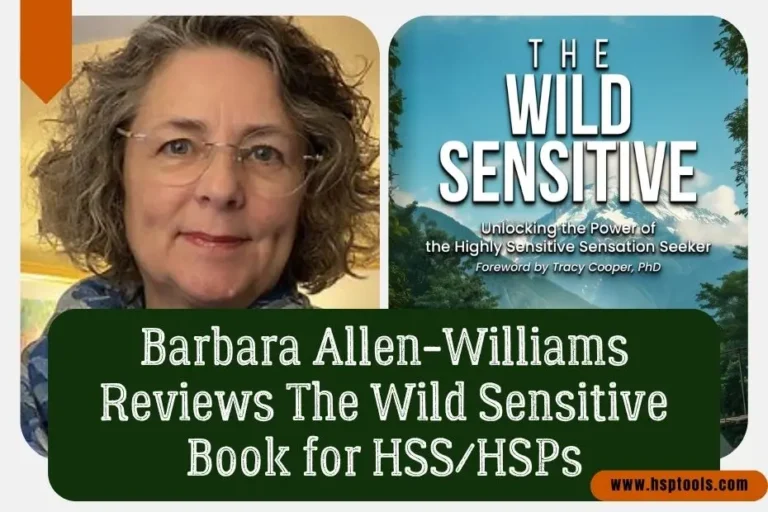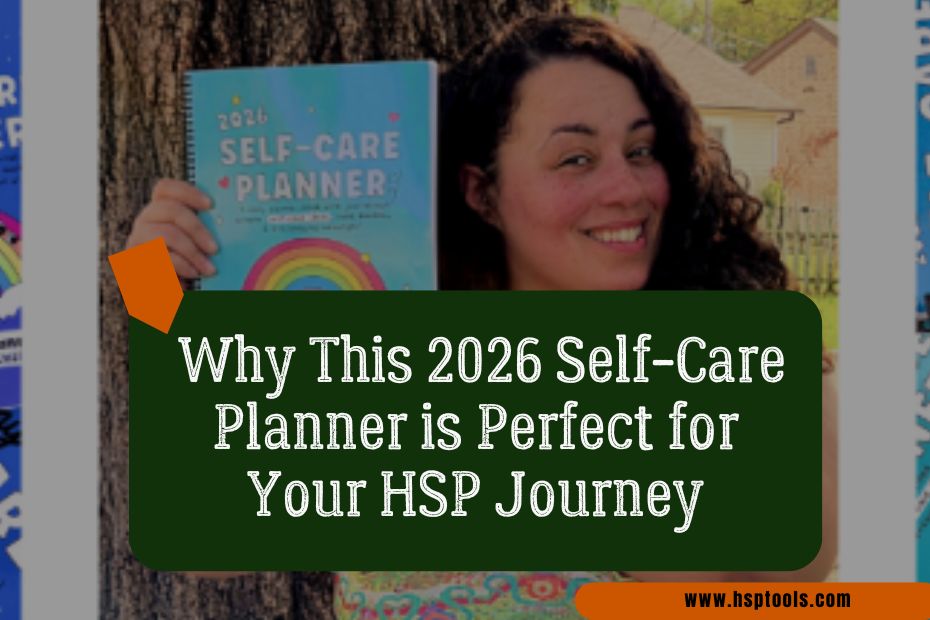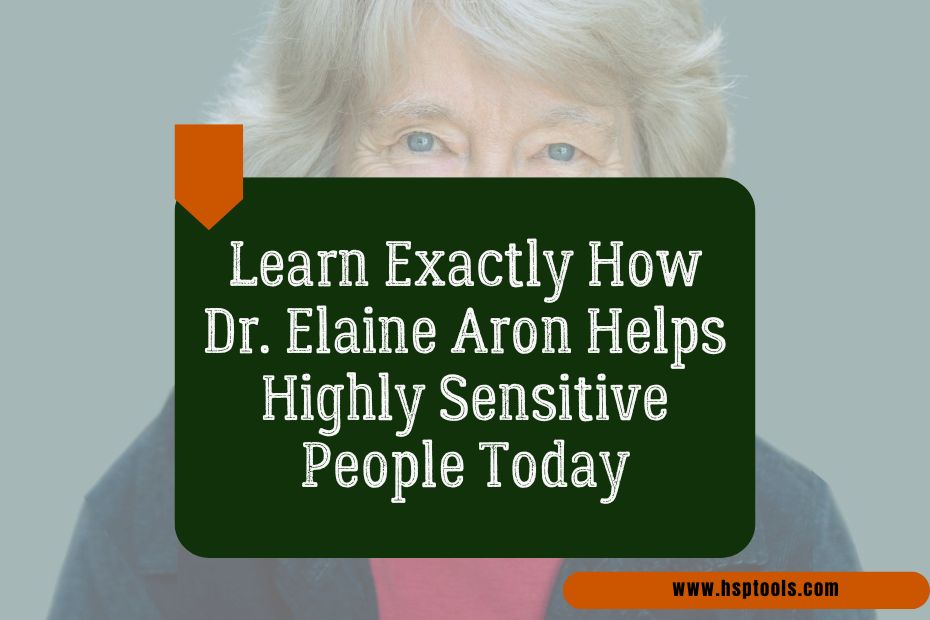From Brow-Beaten to Belonging: Alanis Morissette’s Message to Highly Sensitive People
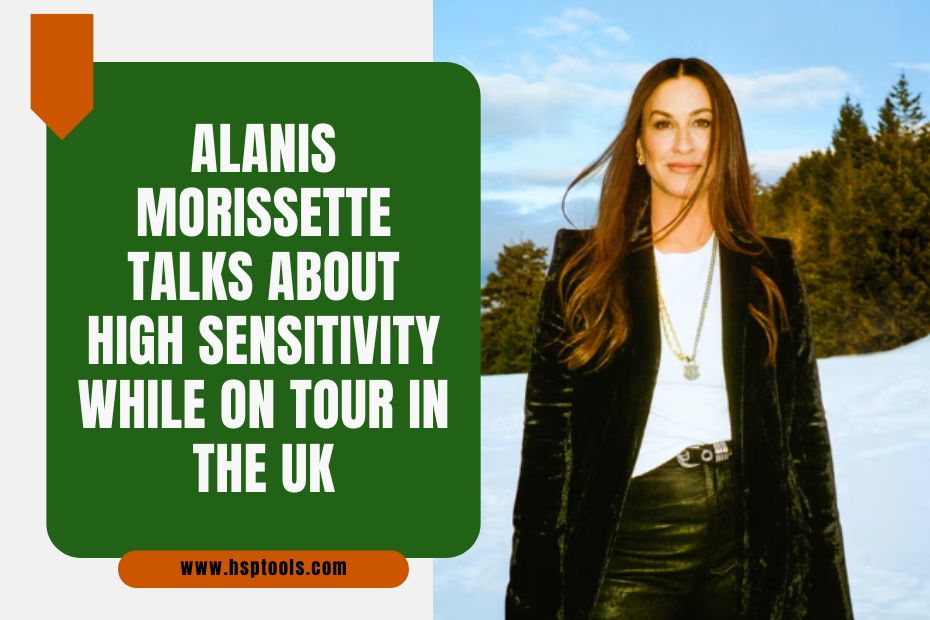
Alanis Morissette is headlining festivals across the UK and other European countries this summer. Behind the curtain, her story continues to resonate most deeply with a specific group: Highly Sensitive People (HSPs).
In a powerful interview with The Guardian, Morissette, 51, opened up about how being highly sensitive has shaped her mental health journey and why support systems matter more than ever.
“If you put a Highly Sensitive Person in an environment where they’re brow-beaten or reduced, they’ll basically want to kill themselves. It’s the worst. If you put a highly sensitive person in an environment where they’re supported, championed and listened to, they thrive.” — Alanis Morissette, The Guardian, 2025).
This stark contrast between isolation and nourishment frames much of Alanis Morissette’s life experience.
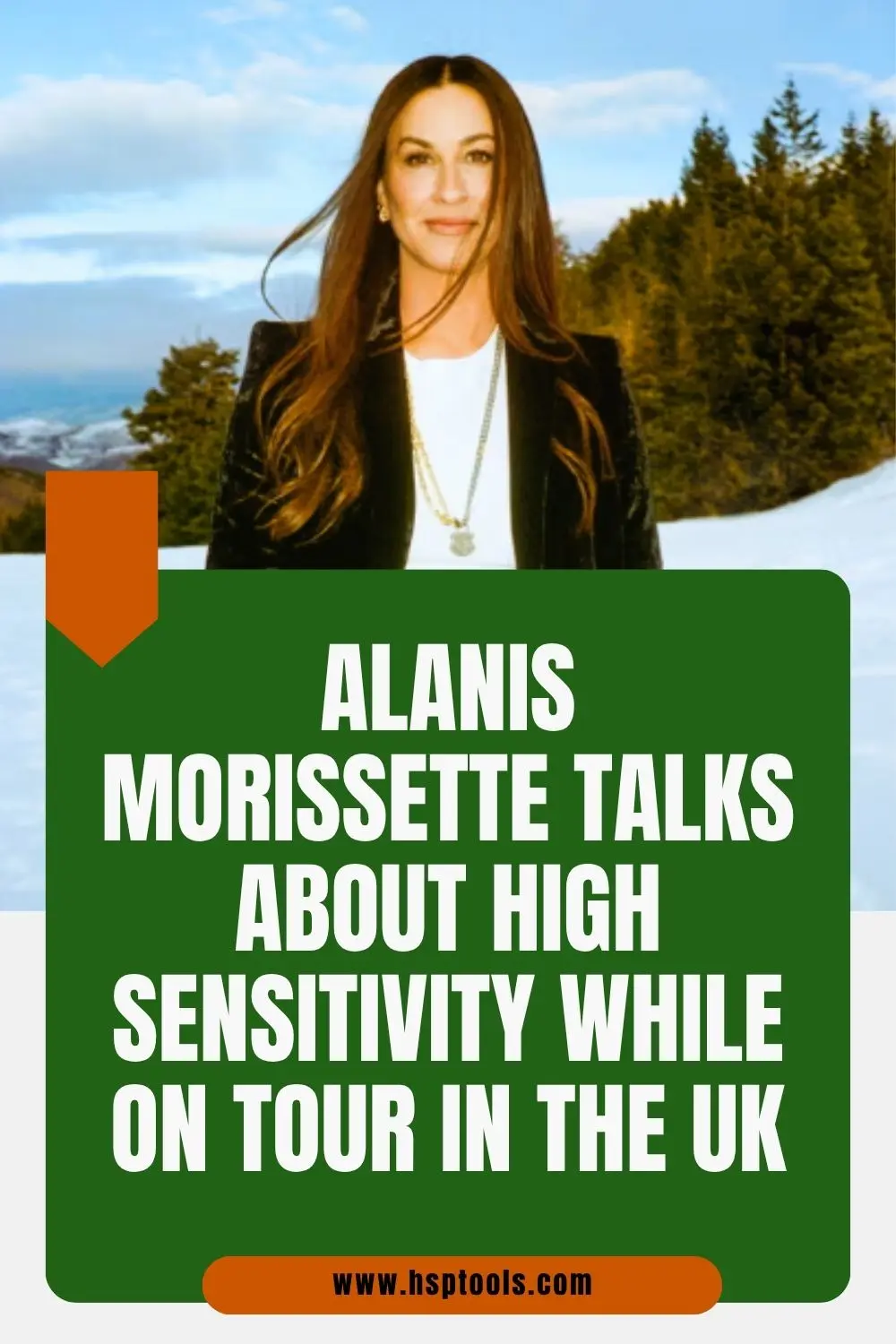
Alanis Morissette’s Journey as an HSP
As a globally accomplished musician and actor, Alanis Morissette rocketed to fame in the mid-1990s with her breakthrough album Jagged Little Pill.
But behind the empowering lyrics was a young woman navigating the brutal realities of the music industry: sexual harassment, objectification, and burnout.
Now, decades later, Morissette has become one of the most visible advocates for Highly Sensitive People—a temperament trait identified by psychologist Dr. Elaine Aron in the 1990s.
HSPs comprise an estimated 20-30% of the population and are defined by their deep emotional processing, heightened empathy, and sensitivity to environmental stimuli.
Morissette has long credited Dr. Aron’s work with giving her the language to describe herself. She appeared in two major documentaries on sensitivity: Sensitive: The Untold Story and Sensitive Men Rising, lending her voice to raise awareness of the often-misunderstood trait.
Therapy as a Thriving Factor for HSPs
Speaking in an interview earlier this month, Morissette reflected on how therapy and community have played a key role in her survival.
Society loves the “yield” of the sensitive person: They love the songs, the photos, the art. But they don’t love the human. Without therapy, I would not be alive”.
Alanis Morissette
She said, adding that she still wrestles with depressive thoughts regularly.
This vulnerability, though rare in celebrity culture, has made Morissette an unexpected role model for those who experience the world more intensely.
Her message is clear: being highly sensitive isn’t a flaw, but sensitivity left unsupported can lead to serious emotional consequences.
Today, Morissette says she’s surrounded by a team that respects her needs, both on tour and at home.
Her approach to health is intuitive rather than rigid. She often rises at noon, drinks bulletproof coffee, and fasts when it feels right.
“I’m finally surrounded by a community of people who allow me to be fully myself,” she told The Guardian, adding, “and that has changed everything.”
For many HSPs reading these words, her story echoes their own: workplaces that drained them, relationships that overwhelmed them, or cultures that rewarded stoicism over sensitivity.
Yet Morissette’s evolution from overexposed young star to grounded midlife artist offers a blueprint for thriving.
Final Thoughts on Alanis Morissette
Her current UK tour, including a performance at Glastonbury, feels less like a comeback and more like a victory lap.
She’s doing it on her terms, proving that emotional depth can co-exist with public life when boundaries and support are in place.
In a world that still often rewards emotional toughness over truth, Alanis Morissette’s voice remains as necessary as ever.
Her reminder to fellow HSPs?
Don’t confuse sensitivity with weakness. In the right environment, it becomes your greatest source of strength.
Article & Artist Image Sources:
- The Guardian Interview, June 21, 2025
- Elaine Aron’s HSP Research
- Sensitive: The Untold Story
- Sensitive Men Rising



